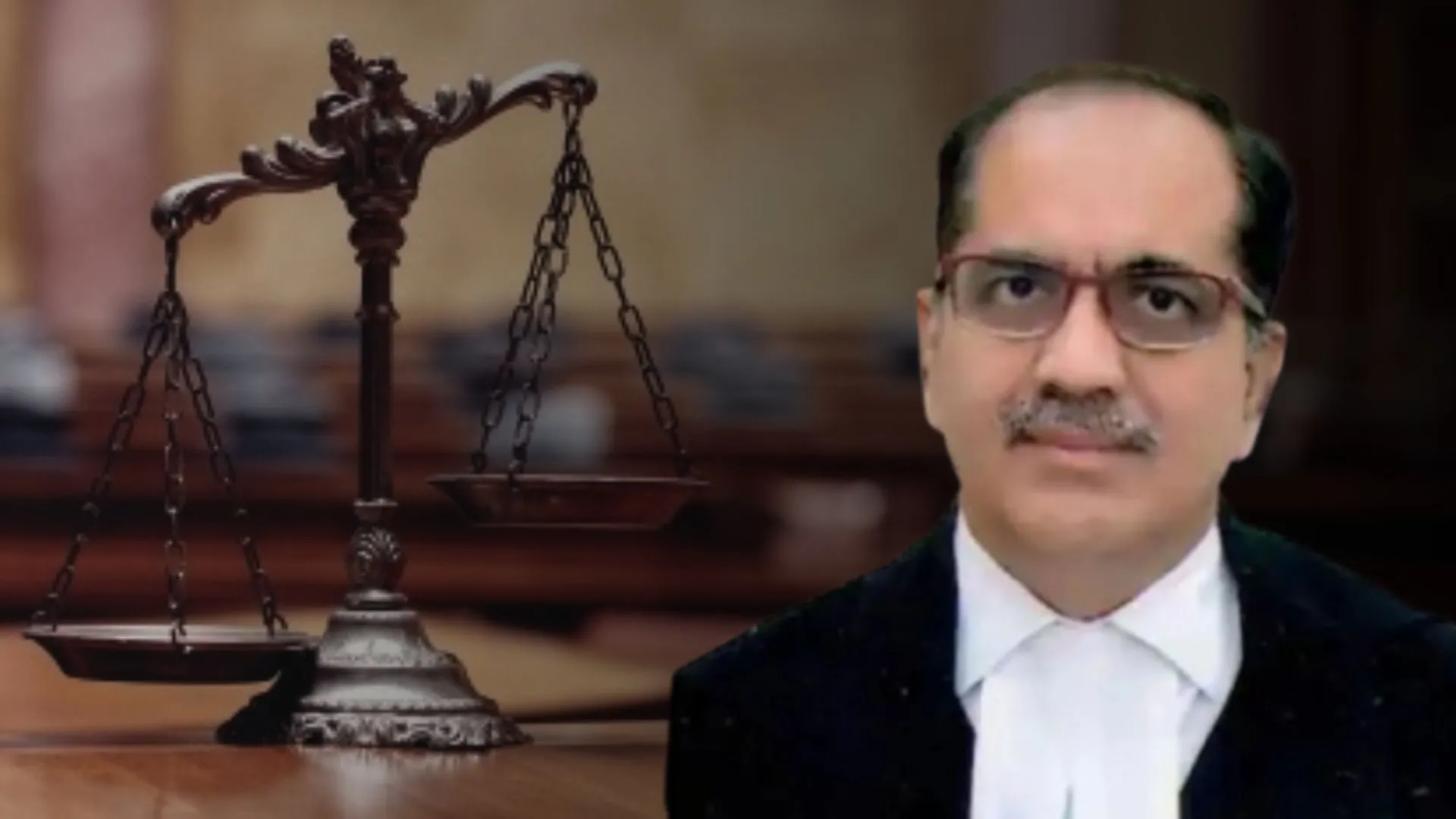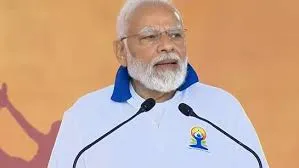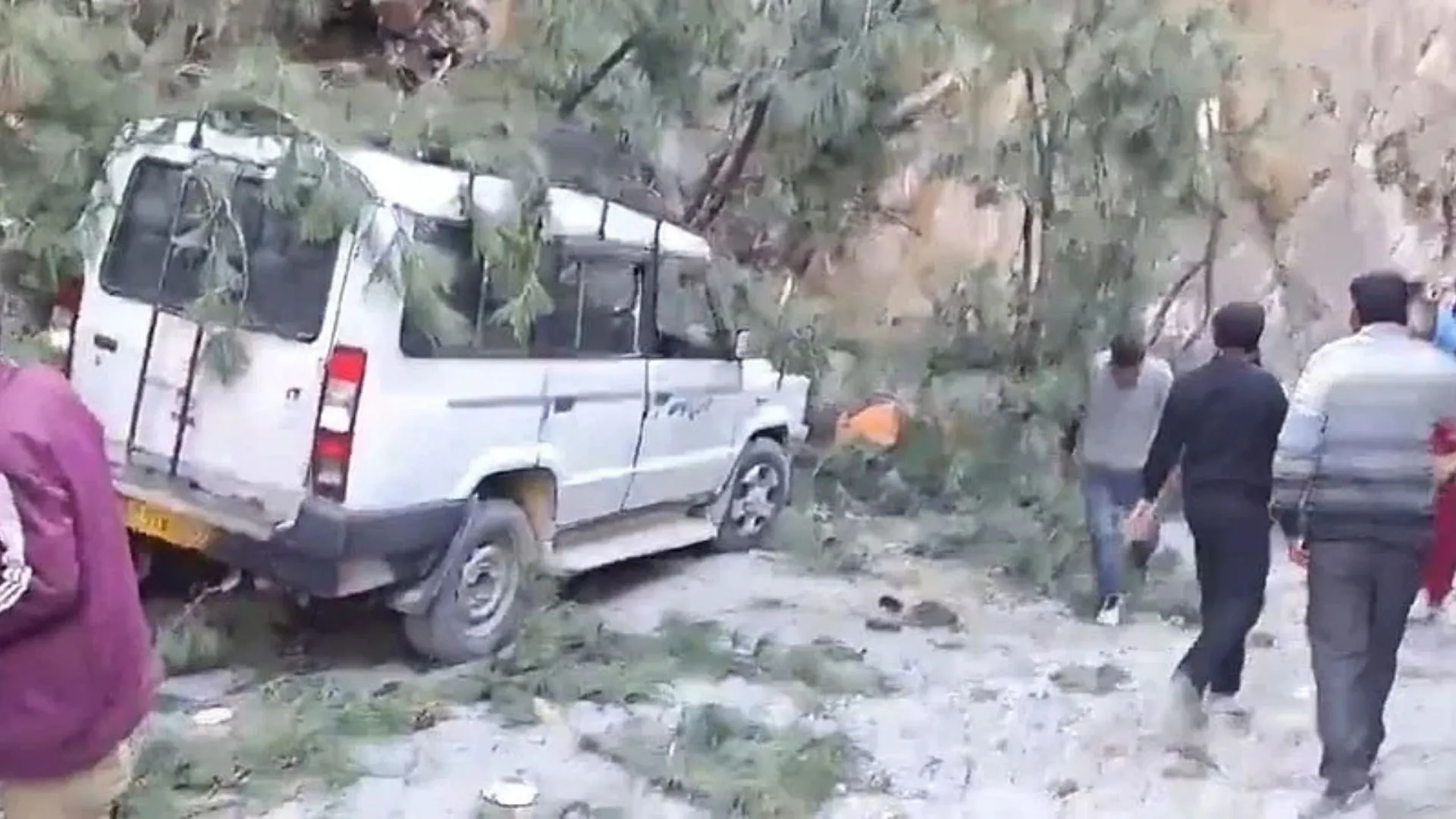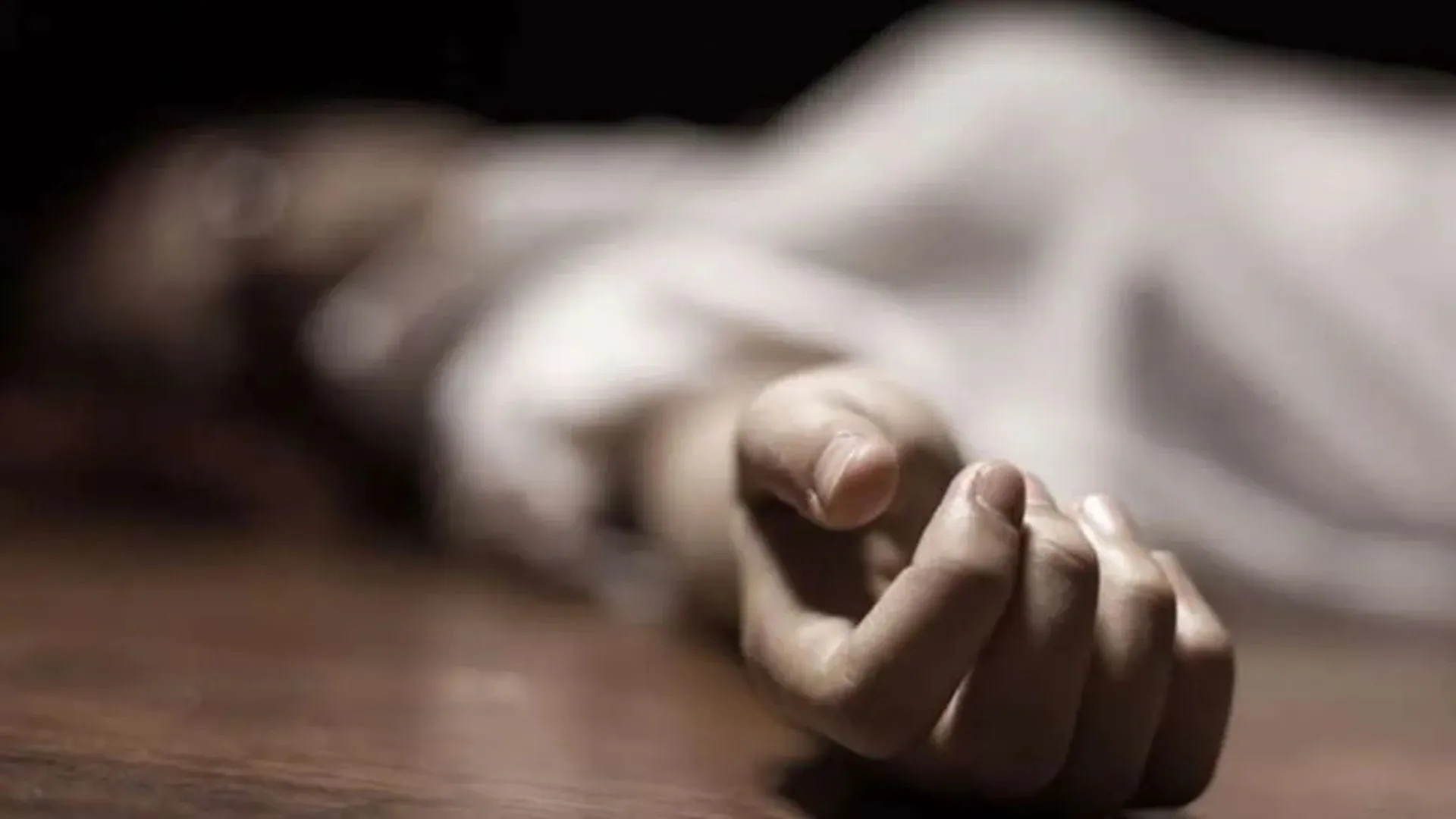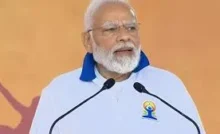The latest ruling in the Kashganj case has caused turmoil in the entire country. In a nation like India, in which the constitution protects the rights and honor of women and children, such a ruling has created an emotionally challenging situation within the society.
There are so many questions raised when the judgement appears unfit or unjustified for people. To make better sense of this verdict issued by Justice Ram Manohar Narayan Mishra, The Daily Guardian spoke to Adv. Ashwin Dubey exclusively. He gave points regarding the case which places the verdict in the limelight.
On questioning whether there was a lapse in judgement Adv. Dubey explained to TDG that the judicial power of the High Court to hear any case and to enforce any judgement of the trial power is the judicial power. He stated, “In this context, when the high court gave an additional definition to the ‘attempt to rape’ was not right. If we compare the recommendations of the Verma Committee and the definitions of Bhartiya Nyay Sanghita (BNS) (earlier known as the Indian Penal Code), if a minor is subjected to sexual assault, it can turn into a case under the sections of BNS along with the POCSO Act.”
He added, “Any judgement of the high court is followed in different courts so this may form a positive mindset to the offenders. They may end up considering that if any such situation is faced by them, they can enjoy the benefit of this judgement in future.”
Referring to the rights cited in the constitution he stated that the constitution dictates the rights of women and children and in fact they are much more sensitive, and even they have been violated but it will be based upon the final verdict, which will be delivered by the Supreme Court.
Case Details
The Kasganj case is of the year 2021 when two men Pawan and Akash were accused of raping an 11-year-old girl. The accused had allegedly gained the confidence of the victim’s father and promised to drop her back home on their motorcycle. They allegedly halted in the middle, molested her, touched her indecently, and one of them tried to drag her under a culvert after slicing the string of her pyjama. They escaped when people passing by stopped them.
They were originally charged under Section 376 of the Indian Penal Code (IPC) for rape and Section 18 of the Protection of Children from Sexual Offences (POCSO) Act, under the orders of the Kasganj trial court. But the Allahabad High Court modified the charges, ordering the accused to be tried under Section 354-B IPC (assault or criminal force with intent to disrobe) and Sections 9/10 of the POCSO Act (aggravated sexual assault), NDTV reported.
A third accused, Ashok, Pawan’s father, was called up under Sections 504 (insult with intent to provoke breach of the peace) and 506 (criminal intimidation) of the IPC. Apparently, upon approaching him after the incident, he abused her verbally and threatened her.
Allahabad High Court’s Verdict
The top court amended the charges, ruling that the claims did not technically amount to rape. Justice Ram Manohar Narayan Mishra, in his verdict, argued that for an attempt at rape to be proved, the prosecution must show that the accused had crossed the stage of preparation and taken meaningful steps toward commission of the offence.
Not withstanding these charges, the high court held that the evidence did not prove an attempt to rape, as there was no suggestion that the victim was left undressed or naked. The court explained its position by saying, “The allegations leveled against the accused, Pawan and Akash, and facts of the case hardly constitute an offence of attempt to rape in the case.”
Supreme Court’s Response
The Supreme Court on Wednesday suspended the Allahabad High Court judgment that had controversially ruled that such acts as fondling a victim’s breasts or slashing the string of her pyjama do not amount to an attempt to rape. The court emphasized that, in order to uphold the charge of attempted rape, it should be established that the accused went beyond preparation.
Taking suo motu cognizance of the issue, the Supreme Court reacted after an appeal from the organization ‘We the Women of India.’ A bench headed by Justices BR Gavai and Augustine George Masih criticized the high court judgment, terming it as displaying a “lack of sensitivity.”
The court also sent notices to the Centre and the government of Uttar Pradesh and asked Solicitor General Tushar Mehta and Attorney General R Venkataramani for their inputs.
Legal Community’s Outrage
The Allahabad High Court judgment evoked universal condemnation with people asking whether it does not constitute attempted rape to forcibly undress a girl against her wishes.
Senior lawyer Indira Jaising was one of those who opposed the ruling strongly and had asked the Supreme Court to take suo motu cognizance of the case. Significantly, a previous petition questioning the high court’s order had been rejected by a bench headed by Justice Bela Trivedi and Justice Prasanna B Varale.
Rights activist Rachna Tyagi, who appeared for the survivor’s mother and Just Rights for Children, said, “The Supreme Court has taken cognizance of serious observations made by the Allahabad High Court and stayed that judgment. The Supreme Court has also issued notice to the Union of India.”
Watch Here:
The Supreme Court’s intervention signals a firm stance on ensuring sensitivity in cases involving sexual assault and attempts to rape, emphasizing that such rulings must align with justice and the protection of victims’ rights.


